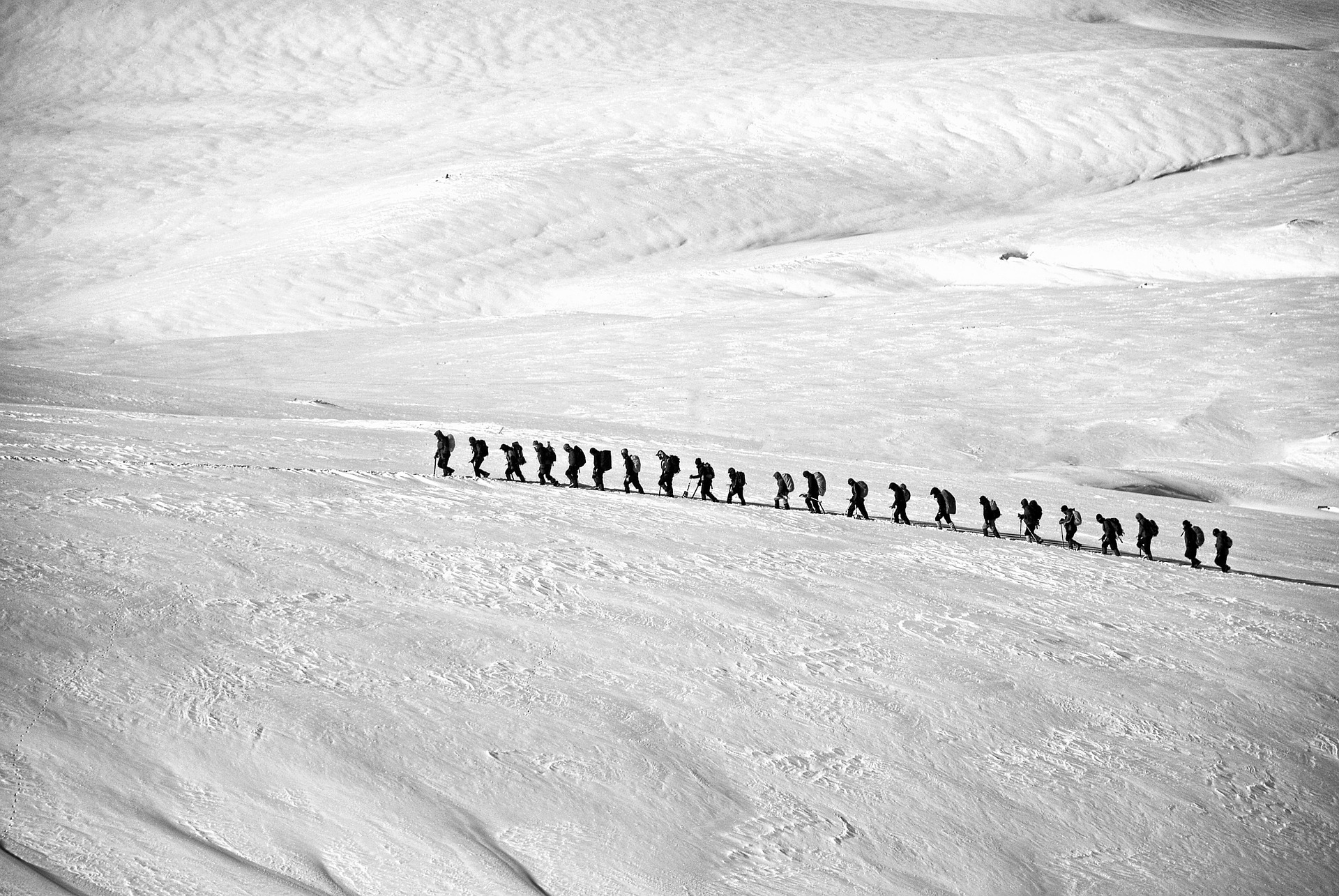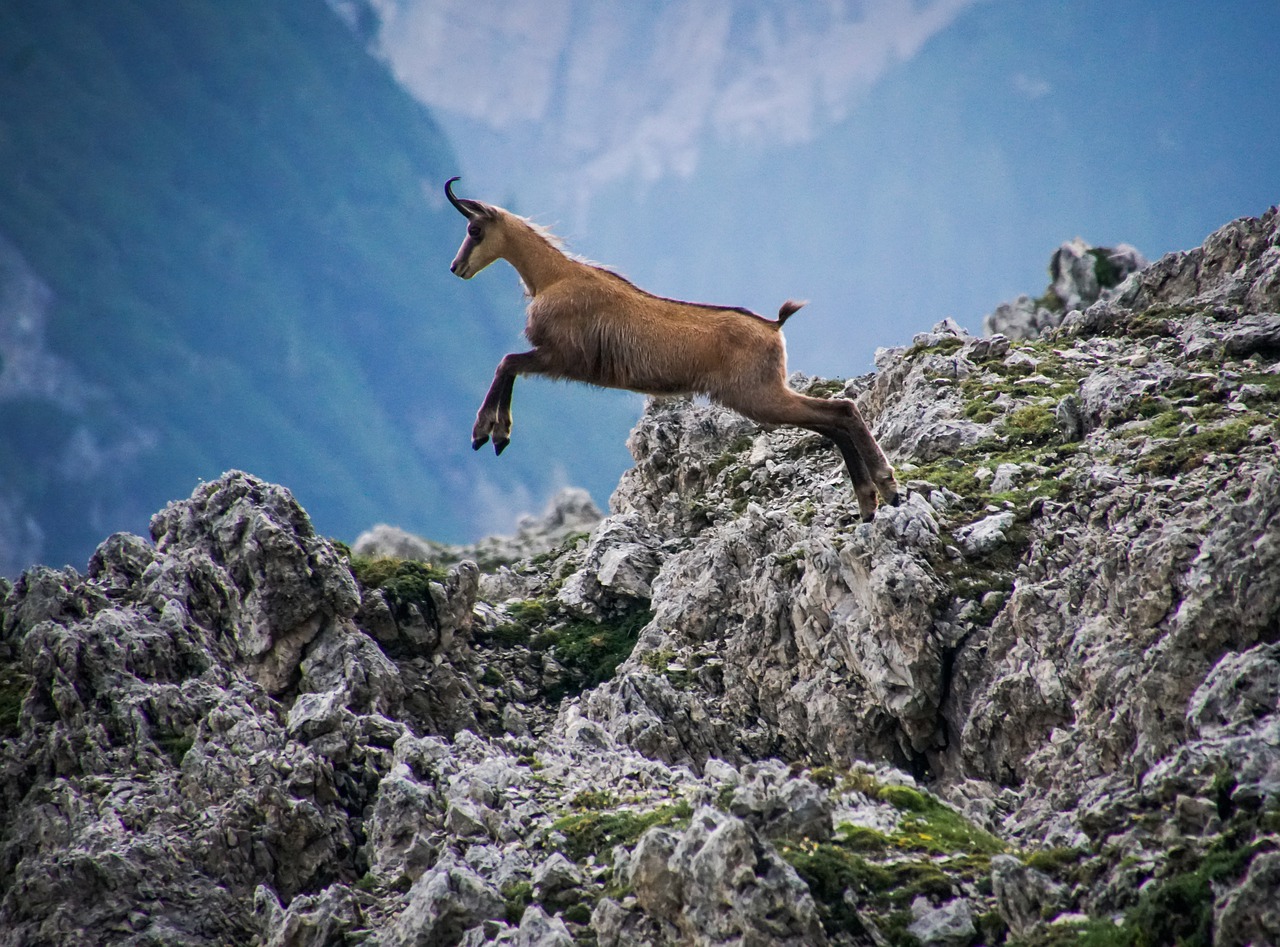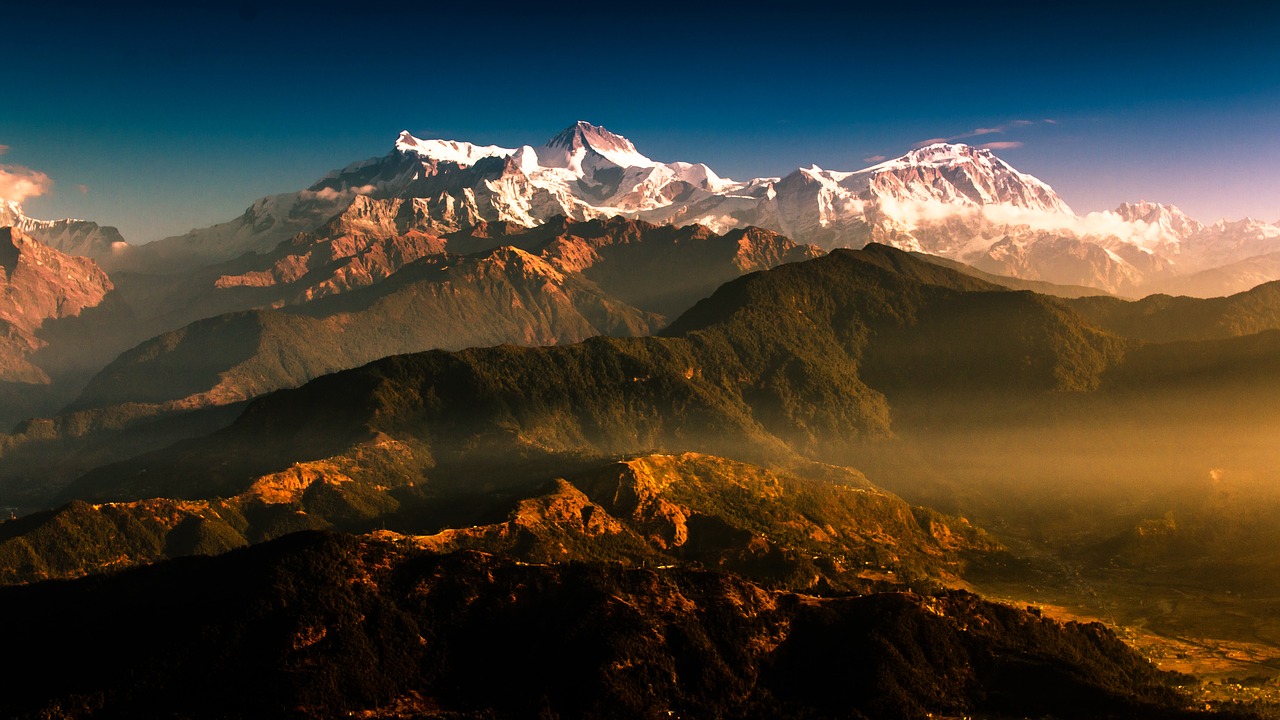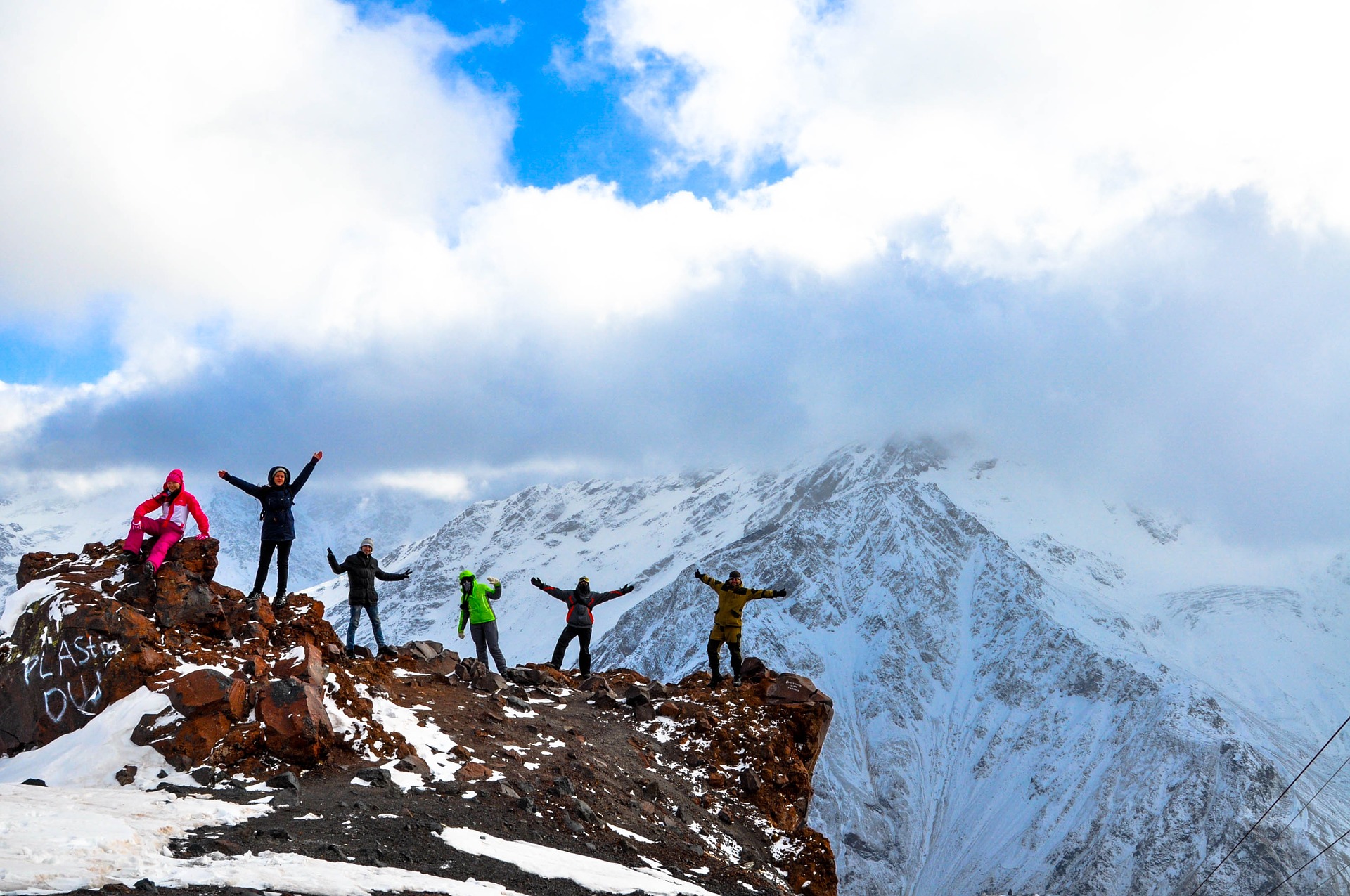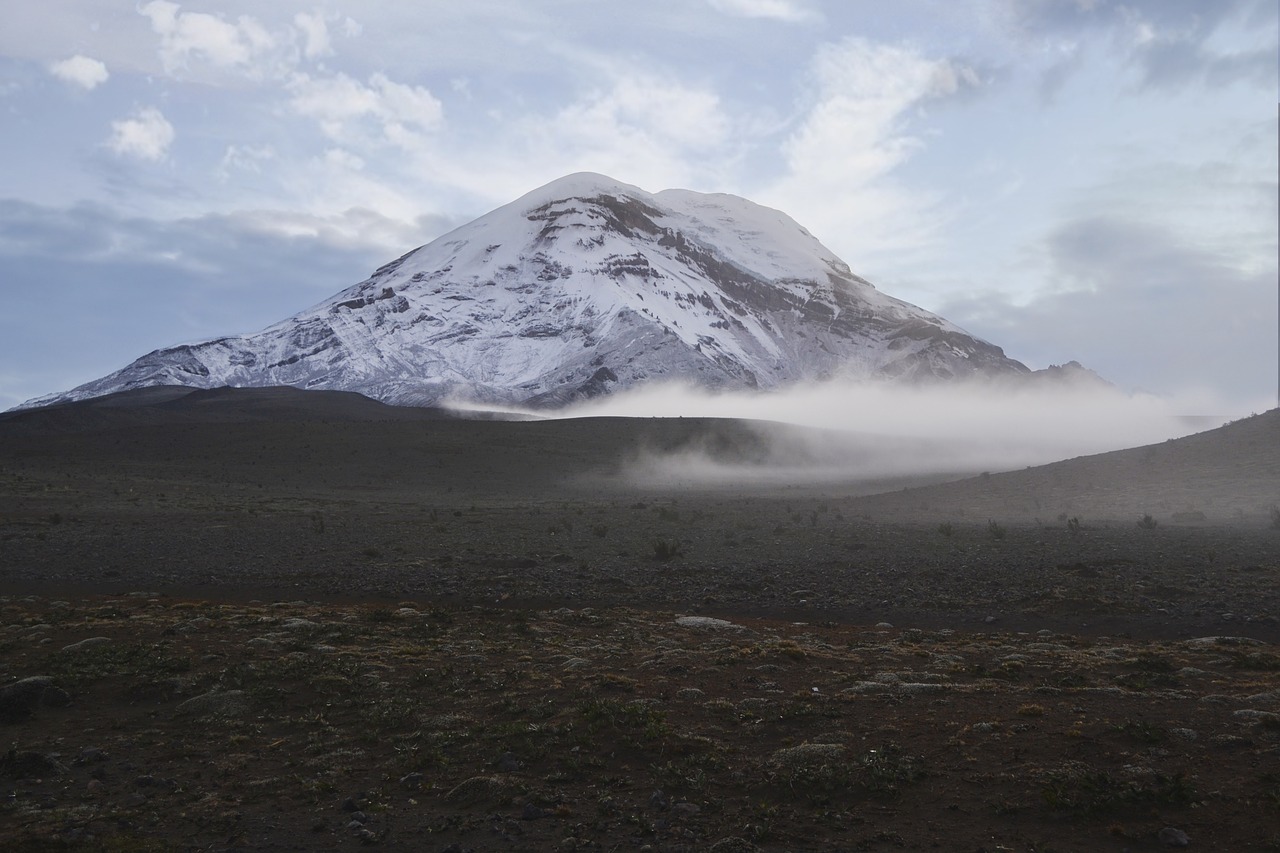MRI News
- Details
- Category: MRI News
The MRI needs your help. Here at the MRI Coordination Office we are working on a brand new Expert Database, and we are calling for your input to help us shape it to better suit the needs of our users – you!
Since we were established in 2001, the MRI has grown into a worldwide community, with over 11,000 people choosing to be part of our MRI Expert Database in order to connect with colleagues around the world. To meet the needs of this large community of mountain experts, and given the advances in online technology for connection and exchange, the MRI Coordination Office is now exploring options for a new system in 2020. With your input, we aim to tailor our new Expert Database to the needs of the mountain research community.
- Details
- Category: MRI News
At the recent second lead authors meeting of the IPCC Sixth Assessment Report Working Group II, held in Kathmandu in Nepal, the author team for the Cross-Chapter Paper on Mountains had the opportunity to consider the internal review comments received on its Zero Order Draft, and steer a course towards the development of the First Order Draft due in early October 2019. The MRI has now issued a call for published review and synthesis papers that respond to the assessment needs identified by the authors in Kathmandu.
At the 46th session of the IPCC in Montreal in September 2017, the outline for the IPCC Working Group II contribution to AR6 was approved – including a Cross-Chapter Paper on Mountains (CCP-Mountains, 15 pages). The IPCC Working Group II contribution to the Sixth Assessment Report (AR6) is currently underway, and will be finalized in 2021.
- Details
- Category: MRI News
Key reforms recently passed by the World Meteorological Organization (WMO) offer encouraging prospects for collaboration on our changing mountains.
So far, 2019 has been a busy year for the WMO – the specialized agency of the United Nations dedicated to international cooperation and coordination on the state and behaviour of the Earth’s atmosphere, its interaction with the land and oceans, the weather and climate it produces, and the resulting distribution of water resources. Among key reforms passed at its recent Congress in June are encouraging prospects for coordination and collaborations on mountains. Support for the work of the WMO’s Polar and High Mountain Observations, Research, and Services (PHORS), and the upcoming High Mountains Summit in October 2019, are flagged as key opportunities to link the work of the MRI and its community to important agendas for our changing mountains.
- Details
- Category: MRI News
The MRI is supporting a call issued by the Association of Polar Early Career Scientists – in collaboration with other early career associations and networks – for early career researchers from various disciplines to come together to produce a group review of the Intergovernmental Panel on Climate Change Working Group II contribution to the 6th Assessment Report.
The First Order Draft of the Intergovernmental Panel on Climate Change (IPCC) Working Group II contribution to the 6th Assessment Report is due to be published around 2021. The Association of Polar Early Career Scientists (APECS), Permafrost Young Researchers Network (PYRN), Young Earth System Scientists (YESS), PAGES Early-Career Network (PAGES-ECN), the Mountain Research Initiative (MRI), and the Interdisciplinary Marine Early Career Network (IMECaN) are coordinating the next review of this report by early-career experts, taking place between October and November 2019.
- Details
- Category: MRI News
In July, experts from IPCC Working Group II met in Kathmandu, Nepal, to continue preparing their contribution to the IPCC Sixth Assessment Report (AR6). Among them was MRI Executive Director Carolina Adler, selected to co-lead the AR6 Cross-Chapter Paper on Mountains.
The Intergovernmental Panel on Climate Change (IPCC) Working Group II – which deals with impacts, adaptation, and vulnerability to climate change – met in Kathmandu, Nepal, 15-19 July 2019 to advance their contribution to the IPCC Sixth Assessment Report (AR6). This Second Lead Author Meeting for AR6 brought together more than 260 authors and IPCC Bureau members from more than 60 countries. It was hosted by the Ministry of Forests and Environment, Government of Nepal, in collaboration with the International Centre for Integrated Mountain Development (ICIMOD).
- Details
- Category: MRI News
Taking place in San Francisco 9-13 December 2019, the AGU Fall Meeting 2019 will bring together geoscientists from all over the world to draw inspiration from each other and show how earth and space science enables a more resilient and sustainable future for all. There are a number of exciting, mountain-related sessions – including two convened by the MRI. Abstract submission is now open and the deadline for all submissions is Wednesday 31 July.
GC056 - Mountain Weather and Climate in a Warmer World (Session ID: 79388)
Conveners: Aino Kulonen (MRI), Nicholas C. Pepin (Univ Portsmouth), Connie Millar (USDA Forest Service), & Mathias F Vuille (University at Albany, State University of New York, MRI SLC member).
Increasing evidence shows that mountains worldwide are experiencing particularly rapid environmental change. Warming rates are often elevation-dependent, and sometimes faster at higher elevations. This session seeks to better understand weather/climate processes and patterns of climate change in mountains, as well as their implications for high-elevations and regions downstream. The Mountain Research Initiative invites submissions which use in situ observations and/or remote sensing and/or modelling approaches. We particularly encourage contributions that merge various data sources and/or cross disciplinary borders (atmospheric, hydrological, cryospheric, and ecological sciences), and meta-studies comparing mountain regions or taking a global perspective.
- Details
- Category: MRI News
Together with our program partners, University of Zurich, Helvetas, and ICIMOD, the MRI is very pleased to announce the six participants selected from among almost 100 applications received for our Mentoring and Training Program in IPCC Processes for Early Career Mountain Researchers – an initiative supported by the Swiss Agency for Development and Cooperation (SDC). Thank you all for your interest in and support for this program.
The program specifically targets early career researchers with outstanding academic credentials and a research focus on climate change and mountains. The program aims to support their professional development through mentoring and training over the course of the next three years, strengthening their expert contributions on mountains and climate change and enhancing their eligibility to participate as authors in future regional and global assessments for science-policy processes, such as the Intergovernmental Panel on Climate Change (IPCC).
- Details
- Category: MRI News
A new and exciting Cluster of Cooperation in the Global South (CLOC) has been funded by the swissuniversities Development and Cooperation Network (SUDAC), which brings together a wide range of interdisciplinary expertise from Switzerland and Latin America. The CLOC Conéctate-A+ (which translates as 'connect yourself to the Andes+ region') aims to set up a hub in the Tropical Andes and Central America region (Andes+), to address research on and for sustainable development and global change. The MRI, in collaboration with CONDESAN and the University of Zurich as CLOC Co-Heads, is coordinating this novel interregional exchange.
Achieving sustainable development in Latin America, and specifically in the Andes+ region, continues to be a major challenge. Although some progress has been made towards an adequate understanding of the barriers that impede progress towards this goal, the advances have been more thematically driven than with an integrated approach; there have been collaborative efforts of existing networks, particularly from research and practice in mountains focused on socio-ecological variables of sustainable development. However, it has been difficult to define a strategic research or teaching agenda for the region in order to contribute to this purpose.




